In Spain, I stayed in youth hostels in Barcelona, Alicante, Almeria and Seville. But that first hostel in Barcelona, where the manager got me totally stoned as part of the check-in process, then took me out to a huge dancehall, where about 2,000 Catalans were throwing shapes to a fantastic reggae band, remains the most memorable.
I was stoned still when I woke the next morning. I rose — I’d slept face-down in my clothes — and bimbled into the communal living area. Lit by sunshine and seated contemplatively at the dining table was a man of about my age with blond and grey dreadlocks hanging down to his backside. I sat down opposite this preternaturally relaxed and accepting individual and introduced myself. Whether or not because I was still stoned, and he was stoned already, I couldn’t say, but we quickly found the wavelength.
I forget his name. He was Dutch but spoke good English with a Rotterdam accent. Maybe it was a flash of intuition that made him mention right away that he used to be a Feyenoord hooligan. I became interested in Dutch football hooligans after being caught in the middle of a surprisingly determined showing by ADO Den Haag hooligans when West Ham were there in 1976. And who can forget that Uefa Cup final between Feyenoord and Spurs in 1974? Also, I was quite up-to-date having recently viewed the celebrated YouTube video of the prearranged toe-to-toe in a wood between Feyenoord’s finest and a coalition of the Nancy and Strasbourg élite. (Feyenoord wholly prevailed.) So I knew a bit about it and what he implied by the name Feyenoord.
But nowadays he was a Rastafarian, he said, a vegetarian, and the great Jah was his heavenly father. And to prove it, he switched to an astoundingly authentic Jamaican patois. I was so surprised by the seamlessness of the transition that I laughed in his face, which he accepted with poker-faced equanimity, perhaps because the derision of the world merely sanctified his truth. When he spoke to me from then on, he switched randomly between the two accents, and I always laughed, in spite of trying not to.
He had resided in Barcelona for three weeks now and was a regular customer at a nearby coffee shop. Would I like to come with him this afternoon to smoke something? He usually went at around five. So we agreed to do that. And then a sleepy black woman, whom he introduced as his wife, emerged from his room. Originally from Guyana, she had lived in Holland for ten years. Before they came to Barcelona, they were in Alicante. She was wandering alone in Alicante, he said, when she was picked up by the police simply because she was black. Because the Alicante coppers had never seen a Guyanan passport before, they assumed it was a fake document and locked her up. She had to promise to pay a lawyer €600 to have her freed. ‘Did the experience upset you?’ I asked her. She shrugged. ‘Not really. Some white people don’t like black people and some black people don’t like white people. What can you do?’ ‘Gyal fyah cyaah quench!’ approved her husband.
My open-top city bus tour finished later than anticipated and sadly I missed our five o’clock rendezvous. Around seven, he shuffled into the hostel’s communal room with his head down, went straight into his room, collapsed on his bed with his face to the wall, and mumbled a refusal to the can of lager I was offering.
That was in Barcelona, but in lovely Seville I was suddenly tired of it all: tired of youth hostels, youth, bunk beds and of securing my worldly possessions in a locker with a little brass padlock. I was tired of picturesque medieval streets and stupendous cathedrals; tired of street maps decorated by smiling tourist-information ladies with flamboyant Biro circles and crosses; tired of tapas; tired of my clothes; tired of dragging my wheeled bag across striated or cobbled pavements; tired of being largely mute and confined in my pedestrian mind; tired of trains, train stations, train-station toilets, and standing around in station booking offices waiting for my number to come up, while blanking the impassioned entreaties of a surprisingly wide variety of opportunistic beggars, then paying €10, €20, €30 or even €50 to reserve my seat for the onward journey despite presenting a pass supposedly valid for free rail travel in 30 countries for 30 days. My fresh, extroverted, best self had relished many of these things. My tired, introverted, worst self, not so much. I surrendered. From Seville I took a train to Madrid, and from there a train direct to Aix-en-Provence, where I cadged a lift back to our hillside shack to bless up, wul ah fresh, see mi boonoonoonoos, yeah mun.
Got something to add? Join the discussion and comment below.
Get 10 issues for just $10
Subscribe to The Spectator Australia today for the next 10 magazine issues, plus full online access, for just $10.
You might disagree with half of it, but you’ll enjoy reading all of it. Try your first month for free, then just $2 a week for the remainder of your first year.


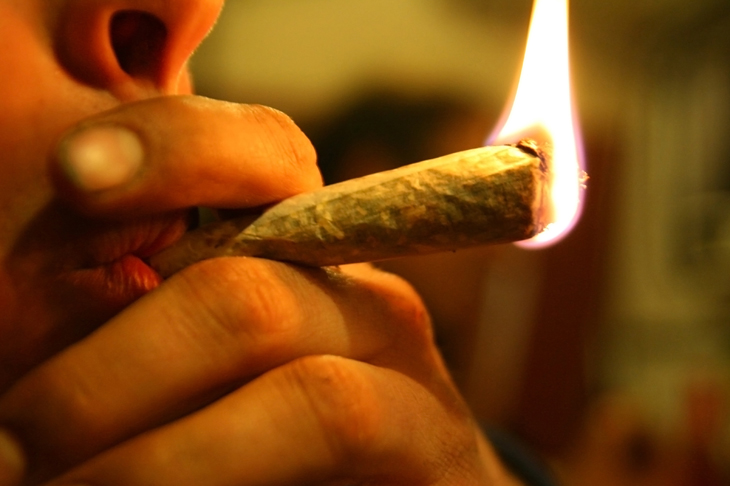

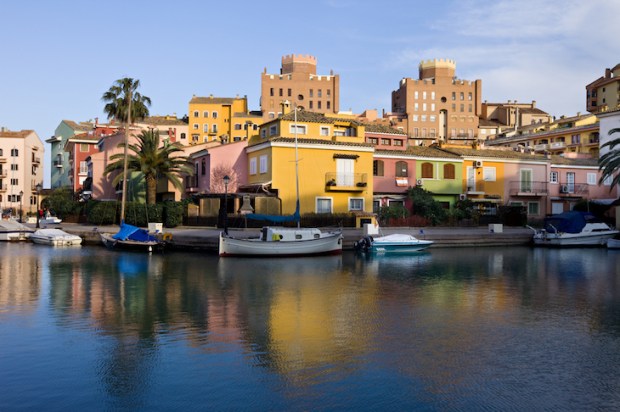
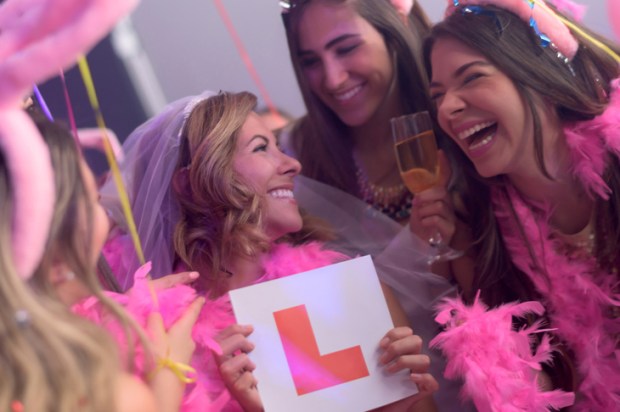
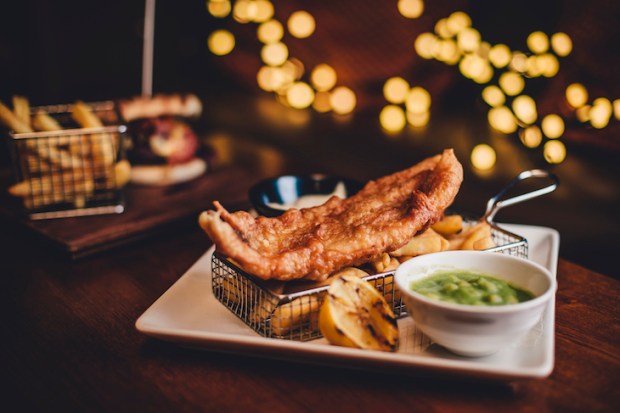
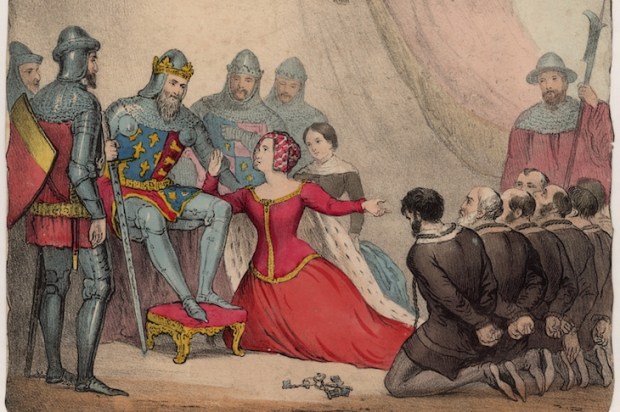
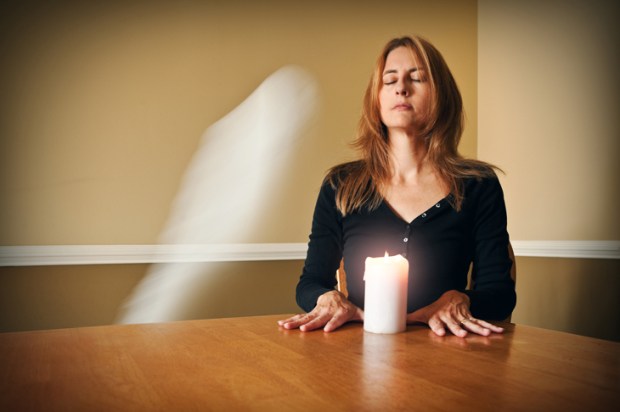






Comments
Don't miss out
Join the conversation with other Spectator Australia readers. Subscribe to leave a comment.
SUBSCRIBEAlready a subscriber? Log in